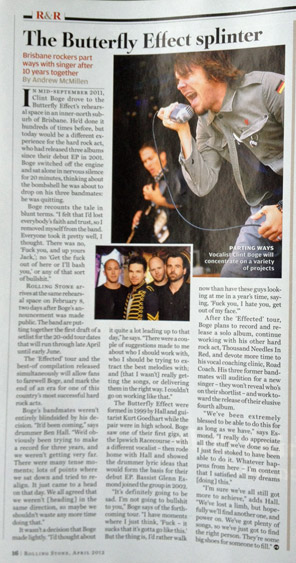The Vine live review: Soundwave Festival Brisbane, February 2013
A festival review for The Vine. Excerpt below.
Soundwave Festival 2013
RNA Showgrounds, Brisbane
Saturday 23 February 2013This is the paragraph for the requisite context-setting that precedes every festival review ever. Soundwave is now easily bigger than the Big Day Out. They’ve long since sold out all five shows on this tour. This is where the real money is spent and earned each year as far as the Australian rock festival circuit is concerned. Each year Soundwave drops a line-up that’s more bloated with international talent than the last. Twenty-thirteen is no exception.
THE LOSERS VS INDIFFERENT VS WINNERS SCORE CARD:
The Losers
Playing their first Australian show in nine years, A Perfect Circle had a fantastic opportunity to crowd-please in a late afternoon slot. They dropped the ball. We got a languid 50 minute set that drew heavily on material from eMOTIVe, their so-so covers album from 2004. Only one track from their 2000 debut, Mer de Noms (‘The Hollow’) – a disorienting remix of ‘3 Libras’ notwithstanding – and two from Thirteenth Step (a great take on ‘Weak and Powerless’, and ‘The Outsider’, wherein the guitars were barely audible).
They did play a new song, ‘By And Down’, right near the end, but by this point the crowd’s energy had sapped considerably and most people inside the D barrier just stood there, staring, confused as to why they were choosing these songs. Far too earnest for their own good, this was by far the most disappointing set I witnessed all day. I had way more fun at Puscifer the night before – the other other band of APC/Tool singer Maynard James Keenan – despite that group having far fewer great songs than A Perfect Circle. I get it: Maynard doesn’t give a fuck about conventions or expectations. He’s his own man! Isn’t he rebellious? What a guy! But this set sucked, plain and simple.
Kyuss Lives! were mixed so poorly that I fled after three songs. John Garcia’s vocals twice as loud as any of the instruments on stage? No thanks. These guys were good when they toured last year (review), so I’m not sure what went wrong today. When they first arrived on stage, Garcia’s mic was inaudible; someone at the sound desk massively overcompensated for their fuck-up. Also, no Nick Oliveri?
Stone Sour are surely the least offensive band on the bill. Despite the grandstanding of Corey Taylor, who is an excellent frontman with one of the best voices in rock, there’s really not much to like about this band. I heard the majority of their set while waiting for Slayer and I couldn’t recall a single hook or melody. Beige.
Myself, for losing my sunglasses. I can’t blame this on drink, drug, or mosh-pits, either. Just carelessness. Idiot.
The Indifferent
Local band The Schoenberg Automaton open main-stage proceedings as gates open on the stroke of eleven. To my ears their sound like generic hardcore with some highly technical guitar and drumwork tacked on. This formula is generally a win at this festival, though. They sound huge through the PA. These are my observations from the shade of a grandstand as the temperature climbs into the low thirties and we all begin losing litres of fluid hourly.
I don’t find Anthrax to be especially engaging but it feels like I’m in the minority. They unveil flags bearing the visages of Ronnie James Dio and Dimebag Darrell, which is a nice touch. ‘Caught In A Mosh’, ‘Indians’, ‘I Am The Law’…they cover ‘TNT’ by AC/DC, one of the few heavy bands to not have graced these festival stages (next year?), and it doesn’t scan as a forced attempt at getting us onside — the entire arena already was. “Please remember to always worship music,” says Scott Ian at set’s end. OK.
Dragonforce play all of the notes there are to play during their opening song, which goes for 10 minutes and contains as many guitar solos. Trying to listen to their newest album yesterday in preparation (while keeping a straight face) was hard work, and so is standing in the scorching sun while they shred. I can only stick it out for a couple of songs. I do like Herman Li’s whammy bar trick though: he holds the guitar aloft while it feeds back, then drops it onto his upper thigh with a flourish and continues playing. Dexterity.
Shirt slogans spotted throughout the day:
Tell your boobs to stop staring at me – worn by suss-looking, chubby 20 year old.
Guns don’t kill people, Ray Lewis kills people.
We’re just old farts who love music – worn by three 50-plus year-old guys in uniform.
Fat guy wears Mystic Wolf shirt – worn by same.
Suck my Richard – worn by tall, pasty redhead.
It’s all good when you’re the big dude – worn by fat dude struggling to climb stairs.
A singlet that reads I’m a Lars Ulrich guy – exact meaning unclear.
My favourite: You’ve never been drunk till you’ve shit yourself – Fraser Island 2010. Graphic.
For the full review and photo gallery, visit The Vine. Above photo credit: Justin Edwards.
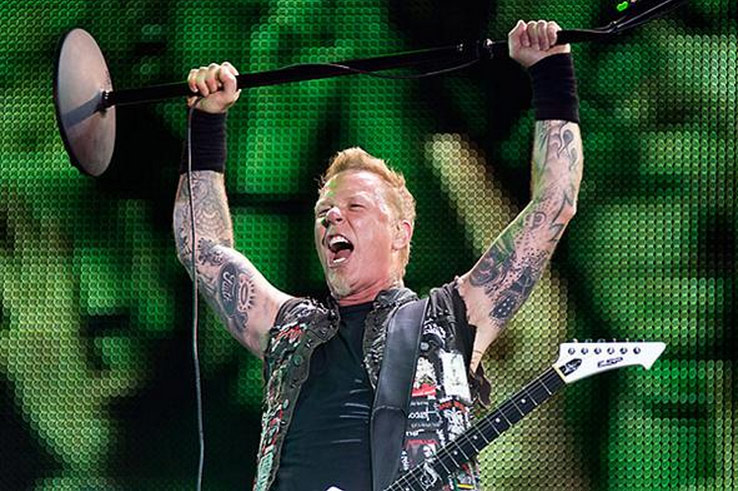
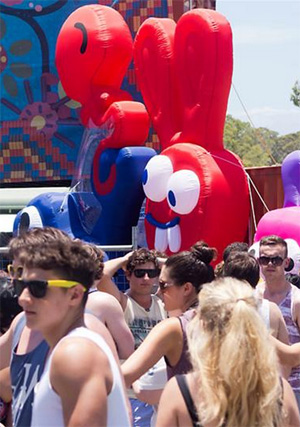
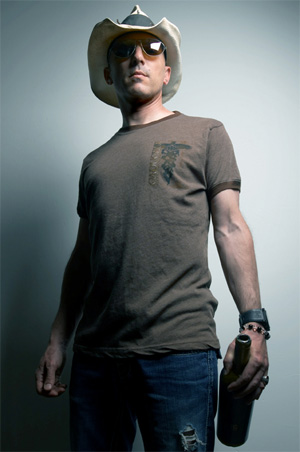 Don’t ask about Tool. Don’t ask about A Perfect Circle. Definitely don’t ask when Tool’s next album – their first since 2006’s 10,000 Days – is due. These are the publicist-stated rules of engagement when interviewing Maynard James Keenan, frontman of those two bands and also Puscifer, a “multimedia project” that encompasses music, film, performance, wine and clothing, and has released two albums so far: 2007’s V Is For Vagina and 2011’s Conditions Of My Parole. Keenan is touring the Puscifer show outside of North America for the first time in February 2013, with three Australian theatre shows booked around his commitments with A Perfect Circle at Soundwave Festival.
Don’t ask about Tool. Don’t ask about A Perfect Circle. Definitely don’t ask when Tool’s next album – their first since 2006’s 10,000 Days – is due. These are the publicist-stated rules of engagement when interviewing Maynard James Keenan, frontman of those two bands and also Puscifer, a “multimedia project” that encompasses music, film, performance, wine and clothing, and has released two albums so far: 2007’s V Is For Vagina and 2011’s Conditions Of My Parole. Keenan is touring the Puscifer show outside of North America for the first time in February 2013, with three Australian theatre shows booked around his commitments with A Perfect Circle at Soundwave Festival.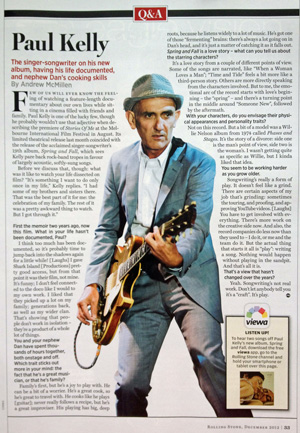
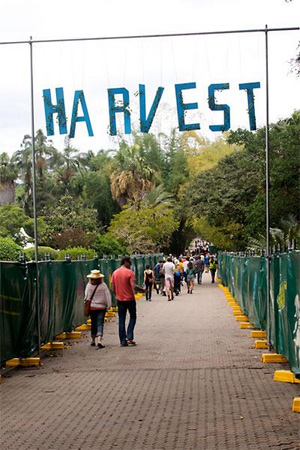 Arguably the hardest part of arranging a music festival is securing a headline act so superior that they simply can’t be followed. For the second year in a row, Harvest has achieved this. Sigur Rós are a delight: challenging, brave, and pure. Like Portishead last year, their main stage set is a sterling example of how to end a day filled with remarkable music. It’s a true spectacle, carefully structured to include peaks and troughs and the band work at eliciting a wide spectrum of emotions. There’s a real art to this, and it doesn’t go unnoticed by the thousands gathered before the Riverstage: a silent and attentive audience hangs on every note played.
Arguably the hardest part of arranging a music festival is securing a headline act so superior that they simply can’t be followed. For the second year in a row, Harvest has achieved this. Sigur Rós are a delight: challenging, brave, and pure. Like Portishead last year, their main stage set is a sterling example of how to end a day filled with remarkable music. It’s a true spectacle, carefully structured to include peaks and troughs and the band work at eliciting a wide spectrum of emotions. There’s a real art to this, and it doesn’t go unnoticed by the thousands gathered before the Riverstage: a silent and attentive audience hangs on every note played.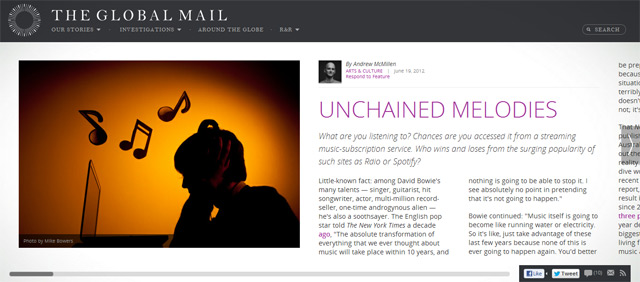
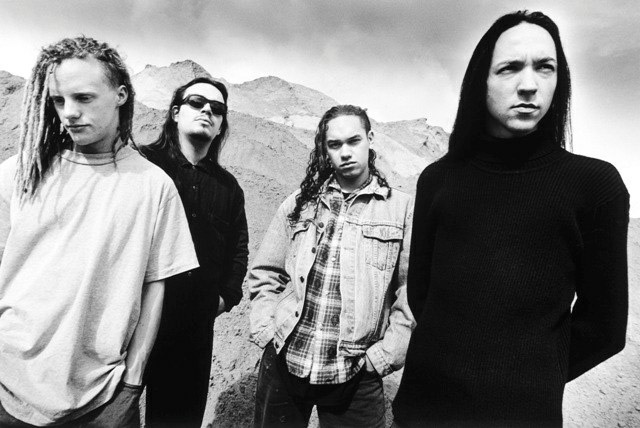
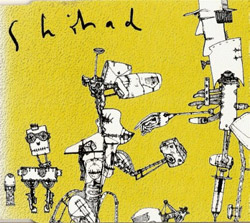 Jon: Musically, it was very, very heavily influenced by Skeptics, who we were listening to a lot at the time. They’re a New Zealand Flying Nun band, who were quite different again from the Flying Nun crew in the fact that they weren’t using guitars. It was a lot of sample-based shit, a lot of keyboards. They used Euphonics, or E-Sonics … Some fucking early sampler. They just sounded fucking unusual but they also had this edge … [that was] quite majestic, melodically. Hard to explain. Really beautiful, but really weird.
Jon: Musically, it was very, very heavily influenced by Skeptics, who we were listening to a lot at the time. They’re a New Zealand Flying Nun band, who were quite different again from the Flying Nun crew in the fact that they weren’t using guitars. It was a lot of sample-based shit, a lot of keyboards. They used Euphonics, or E-Sonics … Some fucking early sampler. They just sounded fucking unusual but they also had this edge … [that was] quite majestic, melodically. Hard to explain. Really beautiful, but really weird.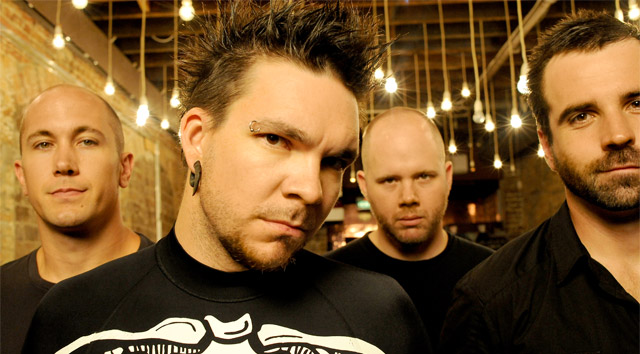
 Four years before striking it big with their breakout, ARIA-nominated single ‘Don’t Fight It’ in 2008, Perth-based rock band The Panics released their third EP, Crack In The Wall. A stopgap between their 2003 debut LP House on a Street in a Town I’m From and 2005’s Sleeps Like A Curse, its seven tracks saw the still-young band yearning to find a sound of their own. Chief songwriter and singer Jae Laffer is the first to admit that their previous releases sounded like “guys imitating their heroes”, while doing a good job of it.
Four years before striking it big with their breakout, ARIA-nominated single ‘Don’t Fight It’ in 2008, Perth-based rock band The Panics released their third EP, Crack In The Wall. A stopgap between their 2003 debut LP House on a Street in a Town I’m From and 2005’s Sleeps Like A Curse, its seven tracks saw the still-young band yearning to find a sound of their own. Chief songwriter and singer Jae Laffer is the first to admit that their previous releases sounded like “guys imitating their heroes”, while doing a good job of it.